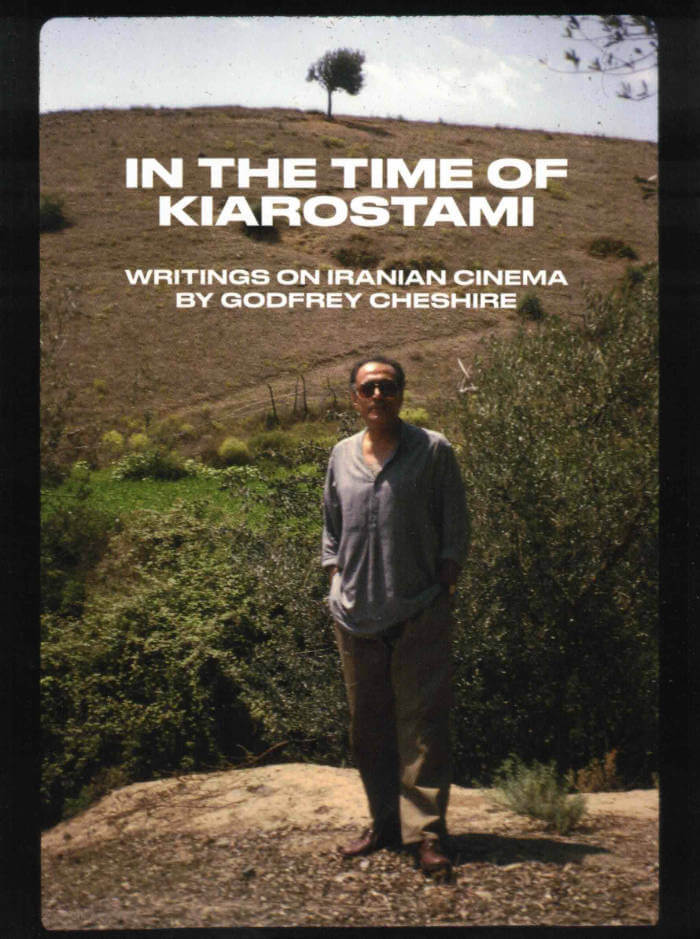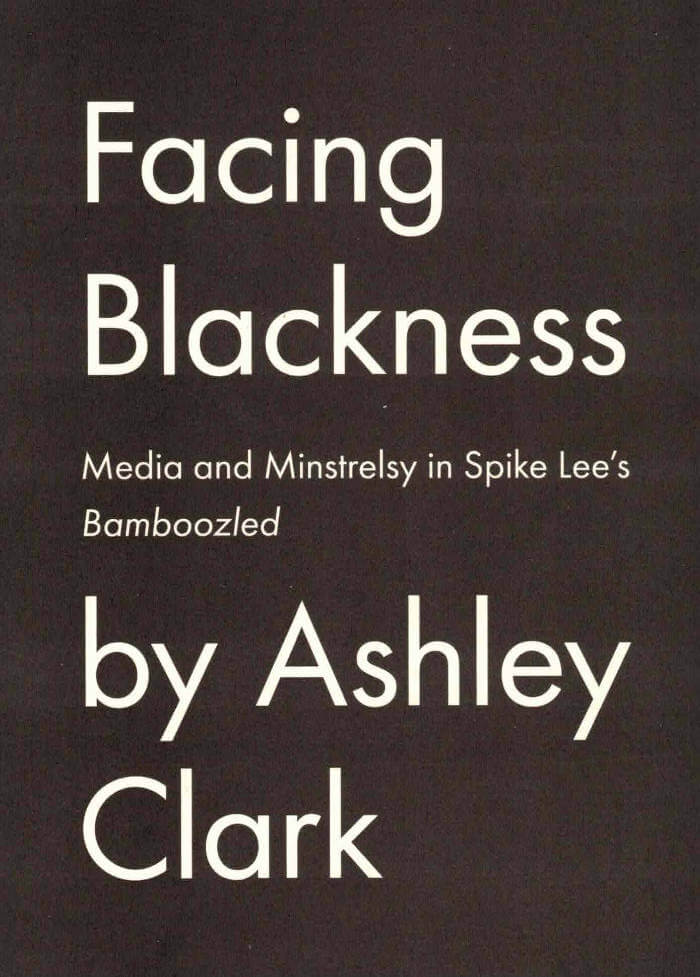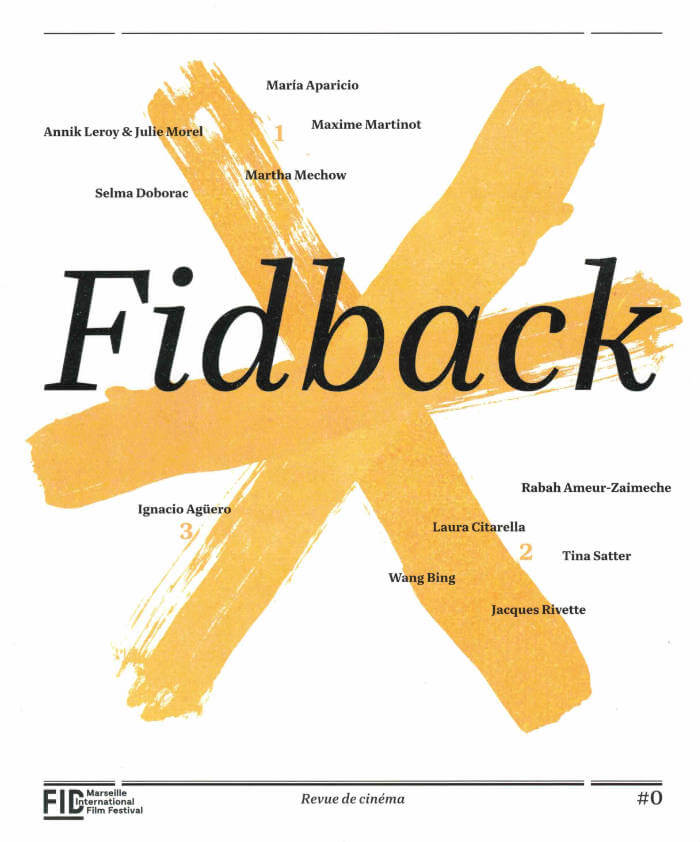
In the Time of Kiarostami: Writings on Iranian Cinema
“There is no better way to discover Iranian cinema than to immerse yourself in Godfrey Cheshire’s beautifully written 30 year personal cinematic journey. This is an important, informative and compelling book at this global political moment. It is vital to know these filmmakers of purpose through the perception of an outsider with whom we can identify and to lose ourselves to the wonder, humanity, and artistry of a culture and cinema that demands our attention now more than ever.” — Michael Barker, Sony Pictures Classics




.jpg)
